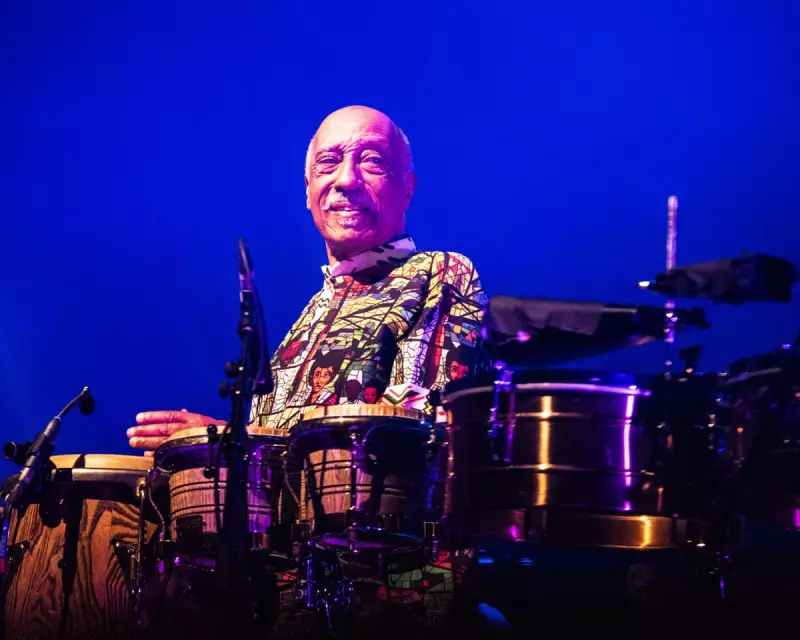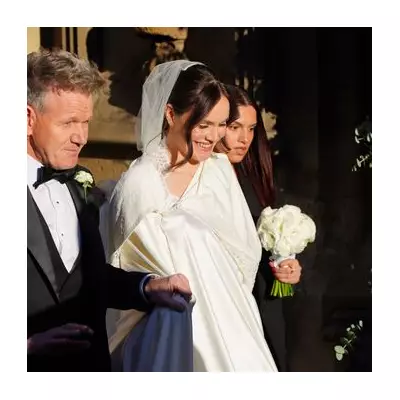
The Royal Festival Hall witnessed an extraordinary musical event as Mulatu Astatke, the legendary father of Ethio-jazz, delivered a mesmerising performance during what is being called his farewell tour. At 81 years young, the pioneering vibes player demonstrated that his innovative spirit remains undimmed, treating the London audience to an evening of controlled experimentation and pure musical excitement.
A Lifetime of Innovation Continues
From the very first notes, it became clear that this would be no ordinary jazz performance. Astatke and his ensemble launched immediately into Tsome Diguwa, creating what one might describe as a musical thunderstorm that seamlessly transitioned into Zèlèsègna Dèwèl. This particular piece, written in the 4th-century Ethiopian tradition with its distinctive harmonic minor tonality that echoes Arabic influences, showcased Astatke's deep connection to his cultural heritage while pushing contemporary boundaries.
The octogenarian musician maintained a serious demeanour throughout the performance, speaking only to introduce songs or provide instruction to his band members. Yet when he turned to his vibraphone, a transformation occurred. He approached the instrument with both intense familiarity and fresh wonder, as if discovering its possibilities for the first time. This captivating relationship with his instrument held the audience spellbound, particularly during Yèkèrmo Sèw - fittingly translated as "a man of experience and wisdom" - where his solo filled the hall with water-like, shapeshifting melodies.
Celebrating Musical Collaboration
The evening served as both a showcase for Astatke's genius and a celebration of collaborative musicianship. The band demonstrated remarkable instrumental range and individual capabilities, featuring standout solos from James Arben on saxophone, Byron Wallen on trumpet, Danny Keane plucking cello, and Alexander Hawkins on grand piano. Particularly memorable moments occurred during Nètsanèt, where each musician's unique voice contributed to a rich tapestry of sound.
The performance reached a cultural peak during Kulun, an Ethiopian wedding song that welcomed two additional Ethiopian musicians to the stage. They brought traditional instruments - the masinko (a single-stringed, bowed lute) and krar (a five-stringed plucked lyre) - while two dancers in traditional outfits emerged to the crowd's visible delight. This segment beautifully blended musical performance with cultural celebration, creating one of the evening's most vibrant moments.
Sensory-Rich Experimentation
Throughout the set, the audience experienced a wealth of sonic textures and innovations. John Edwards manipulated his double bass to produce extraordinary effects, from cat-like screeches created by rubbing the instrument's body to exact replicas of yawns produced by strategic bow drags. Richard Baker provided Ethiopian percussion using an array of instruments including conga drums, kenari seeds, an ogene (metal bell), and a dùndún "talking" drum, creating rich textural layers that underpinned the entire performance.
During Yègellé Tezeta, Baker added Ethiopian vocals in call-and-response with Edwards's conversational bass lines, while Astatke introduced Mulatu as "a piece I composed for myself" - a wandering train of musical thought enhanced by glittering bells and mystical keyboard work.
The evening concluded with a rousing encore of Yèkatit, but true to Astatke's reputation for controlled innovation, the expected crescendo resolution through crashing drums never materialised. Instead, he guided drummer John Scott toward a muted, controlled whisper of cymbals - a perfect demonstration of the deliberate artistry that has characterised Astatke's five-decade career.
Mulatu Astatke continues his farewell tour with performances at HERE at Outernet, London on 17 November and Christmas Theatre in Galatsi, Greece on 25 November. The EFG London Jazz Festival continues through 23 November, offering numerous opportunities to experience world-class jazz performances across the city.





